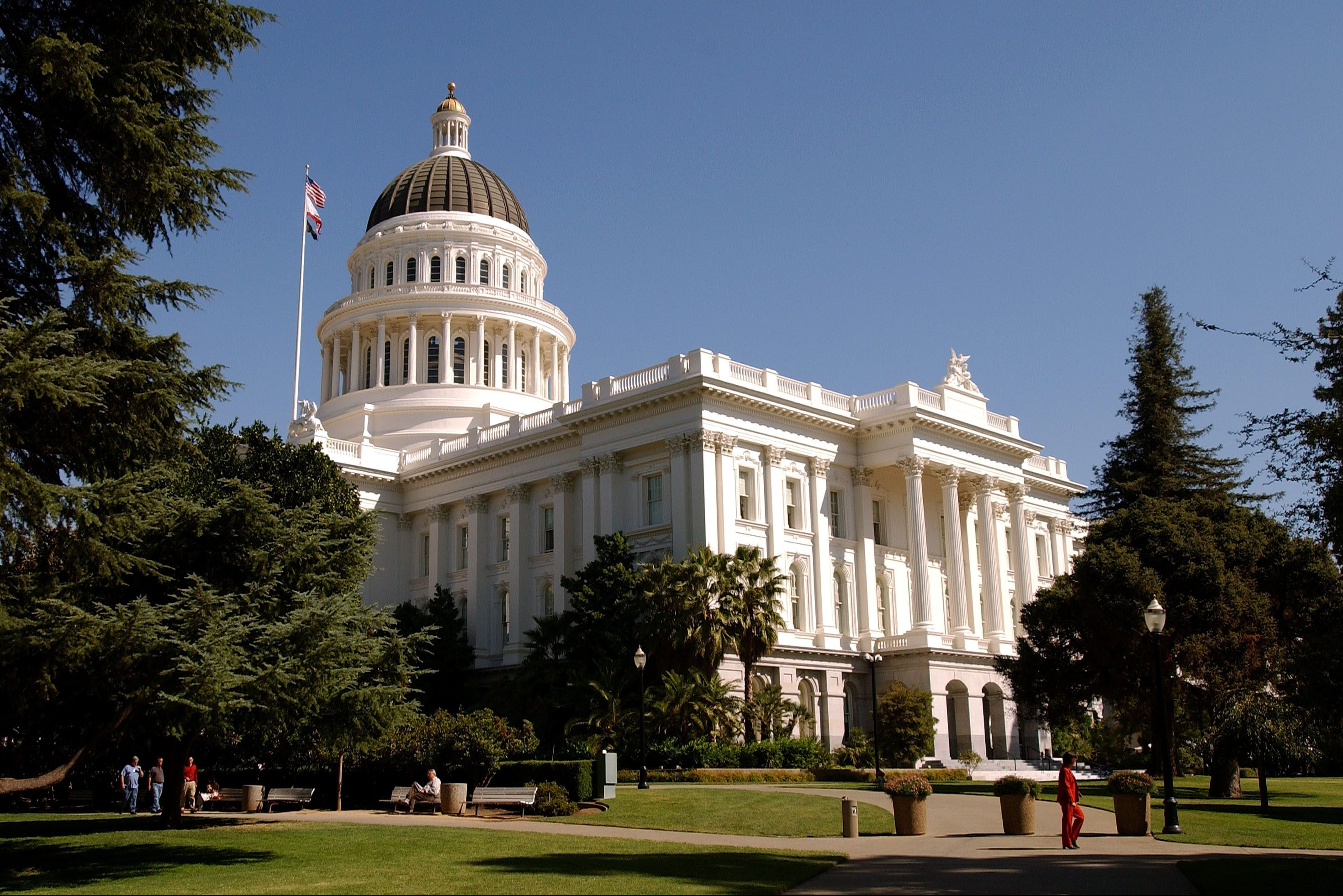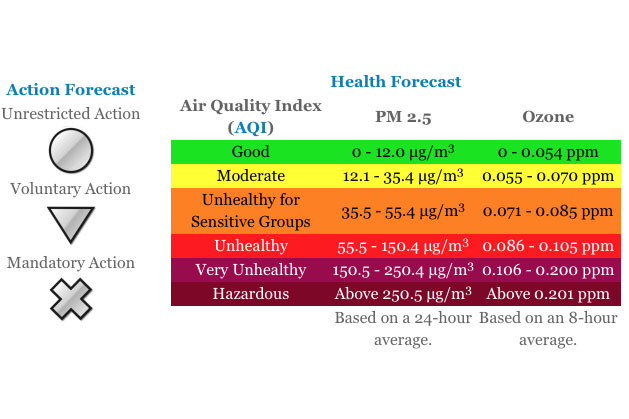California Delays Historic Climate Disclosure Laws: What This Means for Businesses
California is known for its progressive environmental policies, and its recent efforts to promote climate transparency have garnered global attention. However, the implementation of these landmark laws has hit a snag, with proposed amendments aimed at delaying their enactment.
In 2023, California passed two significant bills, SB 253 and SB 261, requiring large corporations to report their greenhouse gas (GHG) emissions and climate-related financial risks. SB 253, in particular, mandated the California Air Resources Board (CARB) to establish regulations for emissions disclosure by January 1, 2025. The proposed amendments, introduced by California State Sen. Scott Weiner, would grant CARB an additional six months to finalize its rules, pushing the deadline to July 1, 2025.
Proposed Amendments and Their Implications
The proposed changes to SB 253 and SB 261 go beyond just extending the rulemaking timeline. These amendments include:
-
Elimination of Filing Fees: The proposed amendments aim to remove the requirement for corporations to pay fees when reporting their GHG emissions.
-
Flexibility in Disclosure Format: The amendments would grant CARB the option, not the obligation, to work with an outside organization to develop a publicly accessible platform for the required disclosures.
-
Consolidated Reporting for Parent Companies: The legislation allows corporations to report emissions for subsidiaries under their parent company, streamlining reporting processes, particularly beneficial for industries like agriculture.
Ongoing Legal Challenges and Federal Parallels
The proposed amendments arrive amid ongoing legal challenges from industry groups. The U.S. Chamber of Commerce and California Chamber of Commerce have filed a lawsuit questioning the constitutionality of the climate disclosure laws. While the court is scheduled to hear arguments in September 2024, further implementation activities could be halted pending the court's decision.
This legal battle adds another layer of uncertainty to the already complex landscape of climate disclosure. The U.S. Securities and Exchange Commission (SEC) has also proposed similar reporting rules, but these are currently stalled due to legal challenges, highlighting the wider debate surrounding the extent of corporate responsibility in climate action.
Moving Forward: A Balancing Act
Despite the challenges, the proposed amendments aim to clarify and streamline the reporting requirements. However, the ongoing legal battles and the potential for further amendments in future legislative sessions suggest that this is a dynamic situation. Companies operating in California should monitor these developments closely and consider developing plans to comply with both state and federal requirements when they become effective.
A Call for Continued Transparency and Accountability
The debate over California's climate disclosure laws underscores the ongoing tension between economic considerations and environmental responsibility. While the proposed delays might be seen as a setback for climate action advocates, it's crucial to remember that these laws are ultimately about transparency and accountability.
These laws, despite not mandating emission reductions, are designed to encourage a transition towards a more sustainable economy by providing crucial data for informed decision-making. The proposed amendments aim to strike a balance between promoting transparency and supporting businesses in their transition journey. As the situation evolves, it's important for the public, businesses, and advocacy organizations to remain engaged and hold both government and corporate leaders accountable for achieving meaningful climate action.
Beyond California: A Global Trend
California's efforts to establish climate disclosure requirements are not isolated. The European Union, for example, has implemented the Corporate Sustainability Reporting Directive (CSRD), which mandates sustainability reporting for companies. This global trend signifies the growing recognition of the need for corporate transparency in addressing climate change.
The proposed delay in California might be a temporary setback, but it doesn't negate the broader trend towards greater climate disclosure. As businesses face increasing pressure to demonstrate their environmental commitment, the push for transparency and accountability will likely continue, even in the face of legal challenges and differing opinions on implementation timelines.
Conclusion: A Data-Driven Path to a Sustainable Future
Ultimately, the goal of these climate disclosure laws is to empower businesses and policymakers with the data needed to make informed decisions about climate change mitigation and adaptation. By providing a clearer picture of corporate emissions and financial risks, these regulations lay the groundwork for a data-driven approach to building a more sustainable future. The path forward may be marked by challenges and uncertainties, but the pursuit of greater transparency and accountability in addressing climate change remains a crucial step in building a more resilient and sustainable world.

















